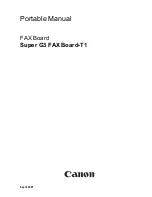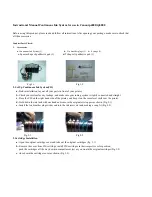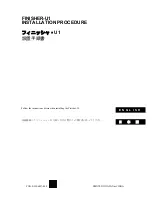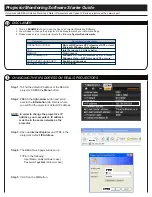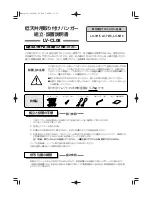
10
2.2.1 Personal safety
▶
Do not wear jewelry such as rings or chains.
Jewelry could cause a
short circuit resulting in personal injury in the form of burns.
▶
Avoid touching the contacts.
▶
Batteries that have reached the end of their life must be disposed of
safely and correctly to avoid environmental pollution.
▶
The battery is not intended for use by persons (including children) with
reduced physical, sensory or mental capabilities, or lack of experience
and knowledge, unless they are under the supervision of a person
responsible for their safety or have been given instruction by such a
person on use of the battery.
▶
Children must be instructed not to play with the battery.
2.2.2 Careful handling and use of Li-ion batteries
▶
Use only the specified batteries in electric tools.
Use of any other
batteries may create a risk of injury and fire.
▶
Take good care of the battery. Check to ensure that no parts are
broken or damaged in such a way that the battery may no longer
function correctly. Have damaged parts replaced before using the
battery.
▶
Recharge only with the charger specified by the manufacturer.
A
charger that is suitable for a certain type of battery may present a risk of
fire when used with other types of battery.
▶
Do not store the battery in explosive atmospheres, such as in the
presence of flammable liquids, gases or dust.
Batteries can cause
sparks which may ignite dust or fumes.
▶
When the battery is not in use, keep it away from other metal
objects such as paper clips, coins, keys, nails, screws, or other
small metal objects that could make a connection between the
terminals.
Shorting the battery terminals together may cause burns or a
fire.
▶
Under abusive conditions, liquid may be ejected from the battery.
Avoid contact with the liquid. If contact accidentally occurs, flush
with water. If the liquid contacts the eyes, also seek medical
attention.
Liquid ejected from the battery may cause irritation or burns.
▶
Make sure that the batteries suffer no mechanical damage.
▶
Never continue to use or attempt to charge damaged batteries, e.g.
batteries with cracks, broken parts, bent or pushed-in / pulled-out
contacts).
Vapors may escape from damaged batteries. If this is the
case, ensure adequate ventilation with fresh air and consult a doctor if
discomfort is experienced. The vapors may irritate the respiratory tract.
▶
Do not expose batteries to high temperatures, direct sunlight or fire.
There is a risk of explosion.
Printed: 17.12.2015 | Doc-Nr: PUB / 5261757 / 000 / 00





























